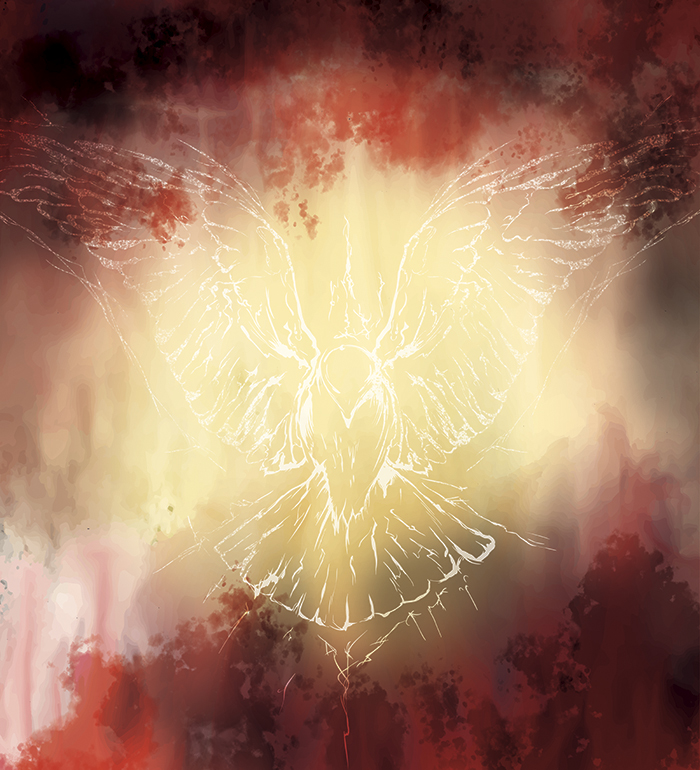Learning to Live in God''s Grace

I have loved music for as long as I can remember. I started playing guitar at age 15 and began performing at local venues in Tennessee by 16. By my late teens, I was writing and recording music.
I desperately wanted to write music for the church, but I had yet to hear any worship music that made me think I could write for that genre. The most contemporary worship music I had heard in the church up to that point didn’t exactly set my world on fire.
That all changed when I was a youth pastor and counselor at a teen camp one summer in North Carolina in my early twenties. A group from Trevecca Nazarene University was leading music at camp that week, and for the first time, I heard worship music that really connected with the teens and with my own heart. That is when I first remember hearing songs like “The Heart of Worship,” “Open the Eyes of My Heart,” “You Are My King,” “Agnus Dei,” and many other great worship songs. They were fresh, Spirit-filled, and artfully written.
Heaven really met earth that week as we sang exciting and vibrant new songs.
I think it was then that I realized what an amazing tool worship music could be to spread the gospel.
I had a new desire in my heart; not only to lead congregations in worship music but also to write music that could be used in worship.
Preparation
In high school, I took classes in music theory, guitar and vocal lessons, sang in choirs, and played in a few bands. Most of my musical training took place during these years. I enrolled at Trevecca Nazarene University as a music major but soon switched my major to religion. I wanted to learn about theology so I could write songs for the church that had theologically consistent lyrics, as well as good melodies.
Trevecca’s theology department challenged me to be a lifelong learner. I started approaching my songwriting differently, asking deeper questions than I had previously known how to ask.
After Graduation, the Real Training Began
In a sense, my real training began after graduation. I had a hard time learning how to lead music in my first full-time staff position. I thought I knew music, but for the first time in my life, I had to lead a choir, be a youth pastor, and deal with people who did not always appreciate the music I was leading. To be honest, I too struggled to appreciate some of the music I was leading the church in.
I almost left music behind completely after my first staff position, because I just didn’t feel I could fit into the mold of what was expected of me as a worship pastor. I was a guitarist, and I had to find my own way of leading people in worship.
At one point, I attended a worship songwriter’s retreat with many talented song leaders and writers. After spending a week with them, I started to feel a new excitement for worship music and for leading my congregation. These gifted people helped me see that there was an art to leading a congregation in worship and that I didn’t have to be anyone but who God created me to be when I led.
Even now, after leading music for more than 15 years, I still feel like I am in training. I still learn from my peers, from the early church Fathers, and from the people I lead.
Participants, Not Just Consumers
We must help our congregations see that they are not simply consumers in the house of the Lord. I work very closely with my pastor in service planning each week. We strive to stay a week ahead and usually let the Christian calendar lead our focus.
He does a wonderful job of providing a working outline and a theme for me to work with. I then I try to find music that fits theologically, stylistically, and thematically. The focus is more on Scripture-driven themes than on entertainment or even musical styles.
Distinguishing Between Worship and Mere Entertainment
As far as balancing worship and entertainment, I really don’t think that the categories have to be “either/or.”
I think worship should be entertaining, but not simply entertainment.
Worship music is an extension of the hospitality we are called to share as the people of God.
If we understand the Eucharist as our gathering point, then we are the guests of God around His Table. Worship leaders, as Christ’s representatives, are to lead in a way that invites the congregation to this table, where everyone can participate in the life, death, and resurrection of Jesus.
If we can provide ways of helping people worship the Lord together through the gathering, the Word, the table, and the sending, then we are being entertaining in a most biblical way.
There are many skillful singers, instrumentalists, and dancers who sing, play, and move for the Lord. This is a biblical idea. The Psalms instruct us to worship the Lord with all that we are and have: our instruments, our voices, our bodies, our whole selves.
As worship leaders, when we commit our talents to the Lord, we have a unique opportunity to help our congregations connect with God.
Rick Lee James is a minister of music at First Church of the Nazarene in Springfield, Ohio. He is also a writer, a podcast host, and a recording artist whose latest album is entitled Hymns, Prayers, and Invitations.
Holiness Today, November/December 2017
Please note: This article was originally published in 2017. All facts, figures, and titles were accurate to the best of our knowledge at that time but may have since changed.




